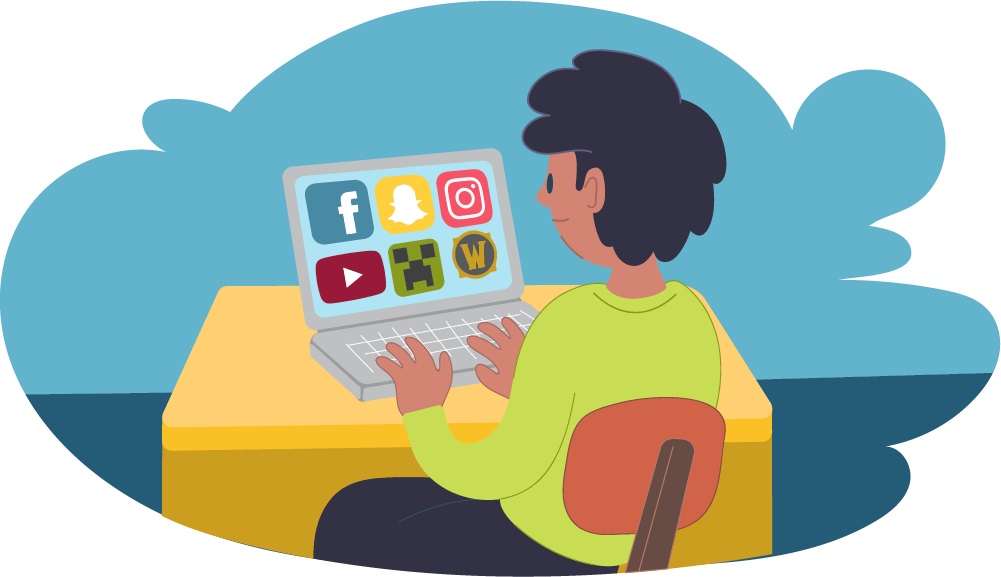The holiday season is a time for celebration and relaxation, but it’s also a time when cybercriminals ramp up their efforts to take advantage of unsuspecting individuals. Whether you’re shopping online, checking social media, or sending holiday greetings through email, it’s important to take steps to protect yourself and your personal information while using the internet in Kenya.
Here are some tips to help you stay safe online during the holidays:
- Use strong and unique passwords: A strong password is one that is difficult for others to guess or hack. It should be at least 8 characters long and include a combination of letters, numbers, and symbols. Avoid using the same password for multiple accounts and consider using a password manager to help you generate and keep track of unique passwords.
- Enable two-factor authentication: Two-factor authentication (2FA) adds an extra layer of security to your accounts by requiring you to enter a code sent to your phone or email in addition to your password when logging in. This helps to prevent unauthorized access to your accounts, even if your password is compromised.
- Be cautious when shopping online: When shopping online, be sure to use a secure website (look for the “https” in the URL) and avoid entering personal information or making purchases on public WiFi. Consider using a credit card for online purchases, as they often offer more fraud protection than debit cards.
- Be aware of phishing scams: Phishing scams are emails or messages that appear to be from legitimate sources, but are actually designed to trick you into giving away personal information or login credentials. Be wary of emails that ask you to click on a link or download an attachment, and never give out personal information in response to an unsolicited email or message.
- Use antivirus software: Antivirus software helps to protect your computer from malware, viruses, and other online threats. Be sure to keep your antivirus software up to date to ensure that it is effective at protecting you from the latest threats.
- Be careful what you click on: When browsing the internet, be cautious about clicking on links, even if they come from a trusted source. Some links may be designed to trick you into downloading malware or visiting a fake website.
- Protect your privacy on social media: Be mindful of the information you share on social media and consider adjusting your privacy settings to limit the amount of personal information that is visible to others. Avoid accepting friend requests from strangers and be cautious about accepting invitations to join groups or events.
- Use a VPN: A virtual private network (VPN) encrypts your internet connection and helps to protect your online activity from being monitored or tracked. This is especially important when using public WiFi, as it helps to prevent others from accessing your personal information.
- Keep your devices up to date: Regularly updating your devices with the latest software and security patches helps to ensure that they are protected against the latest threats. This includes updating your operating system, web browsers, and any installed apps.
By following these tips, you can help to protect yourself and your personal information while using the internet in Kenya during the holiday season. Stay safe and have a happy holiday!

